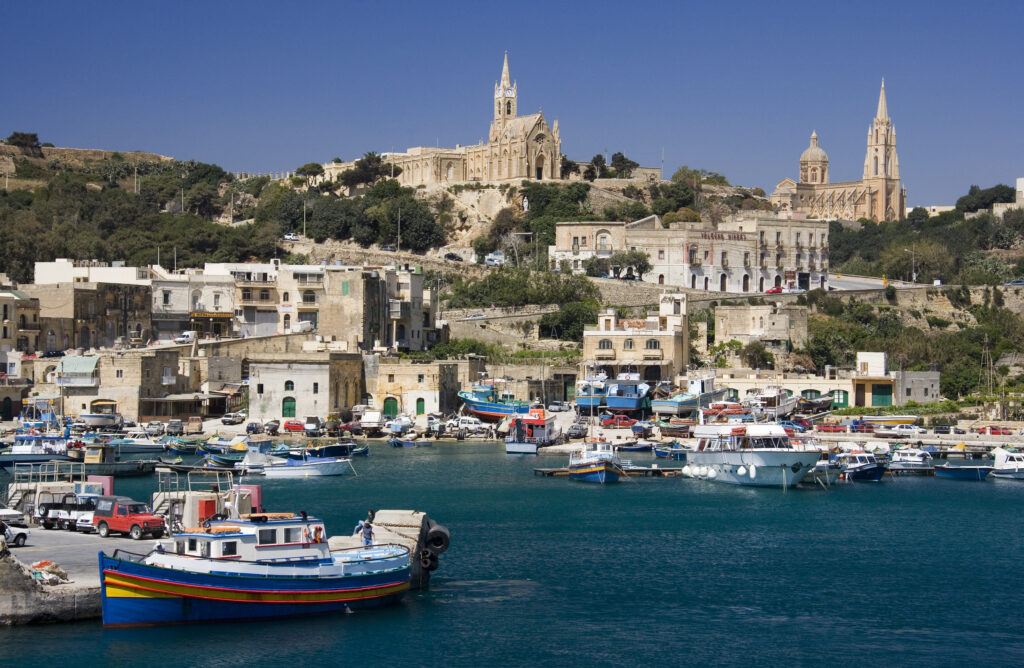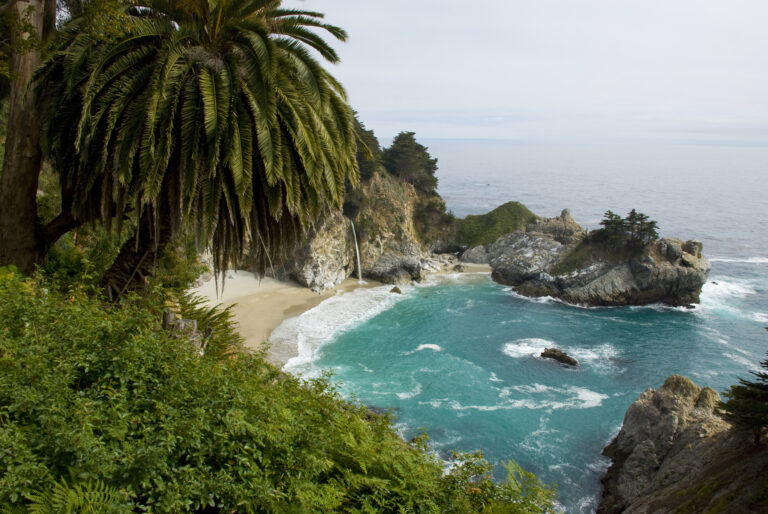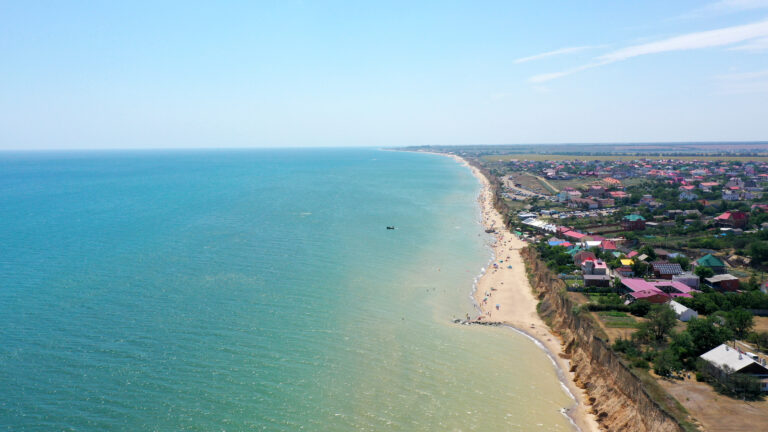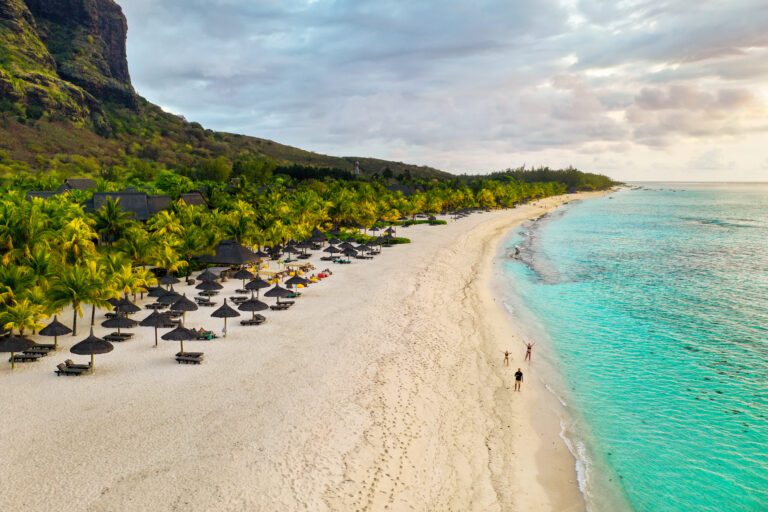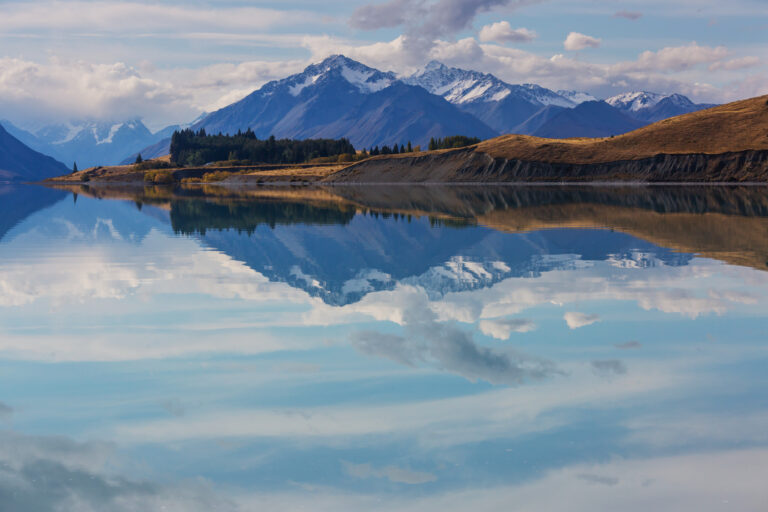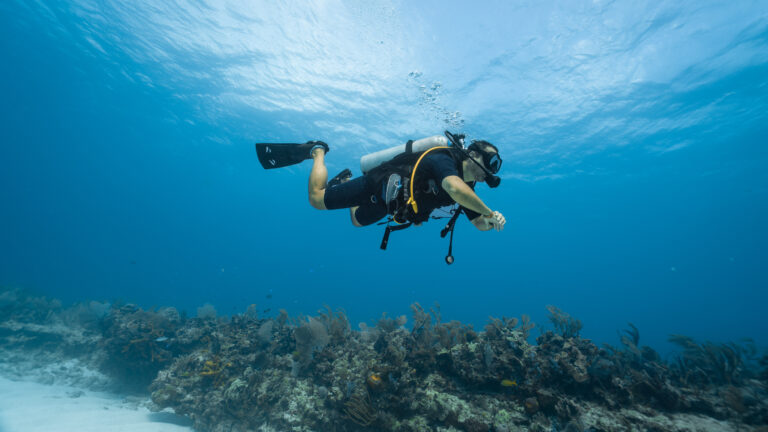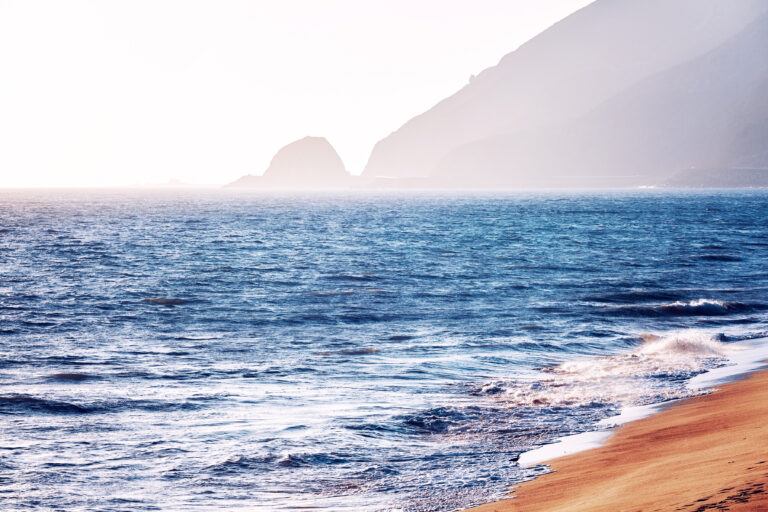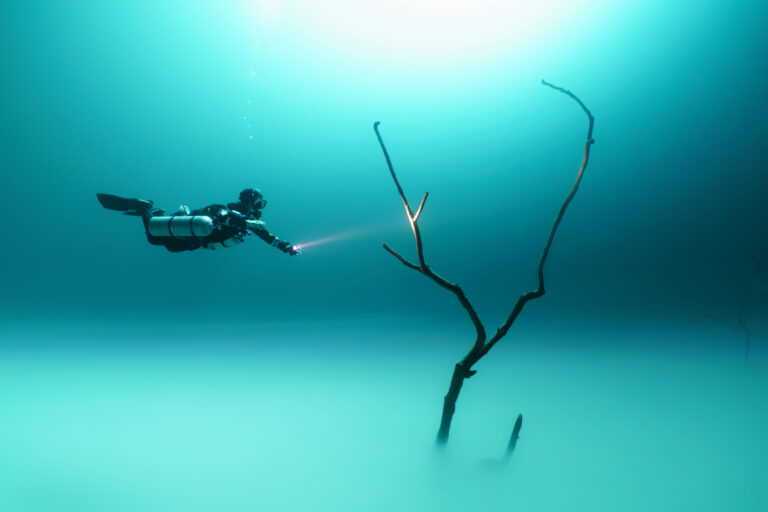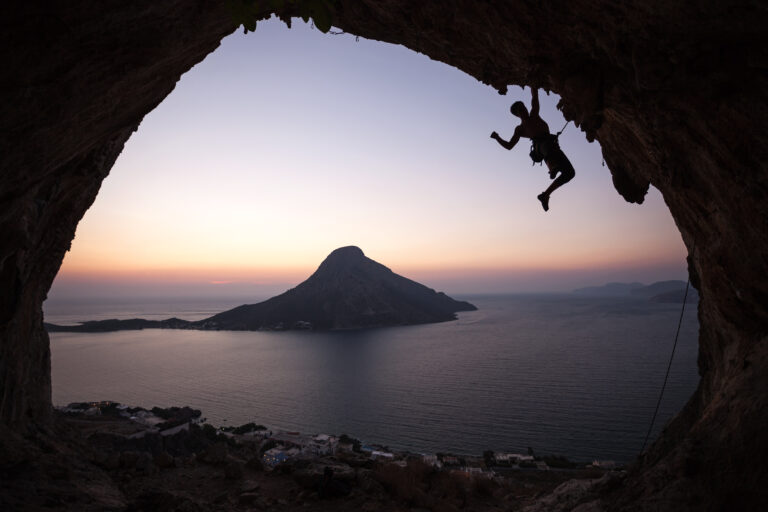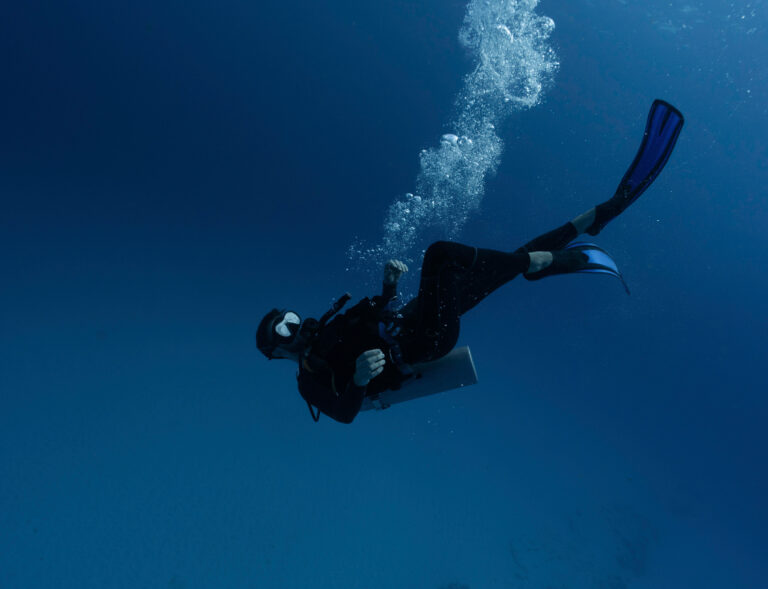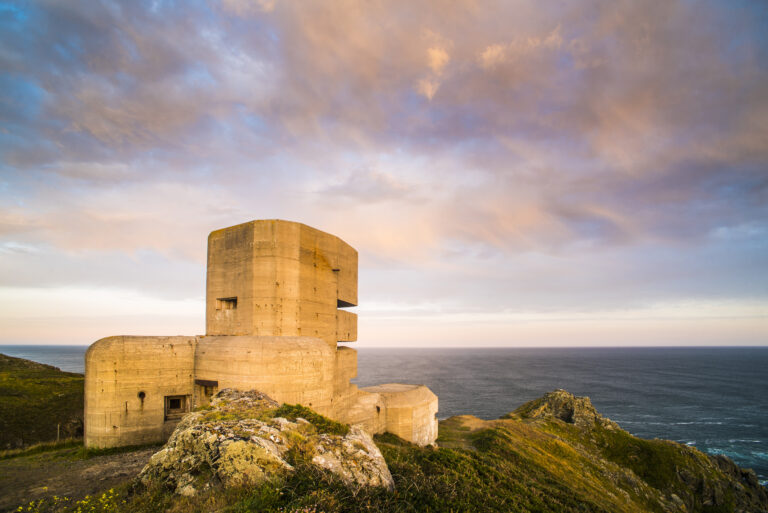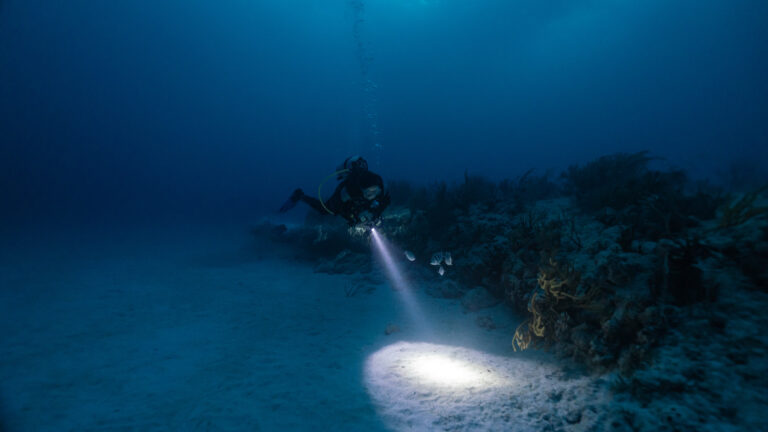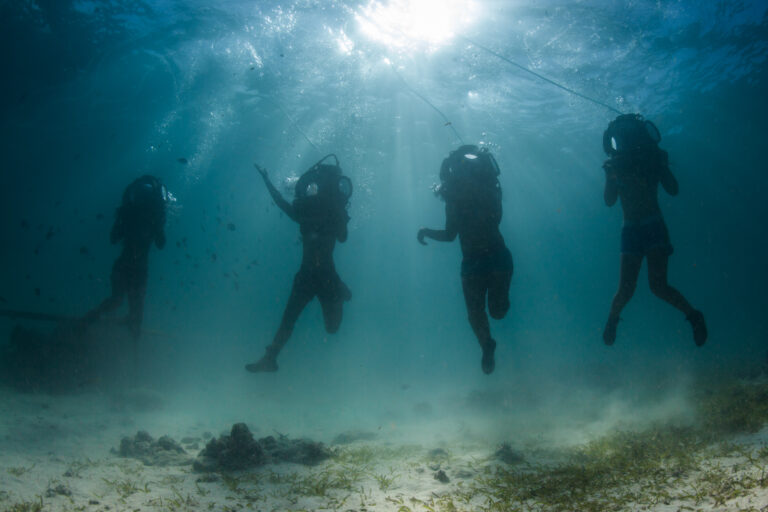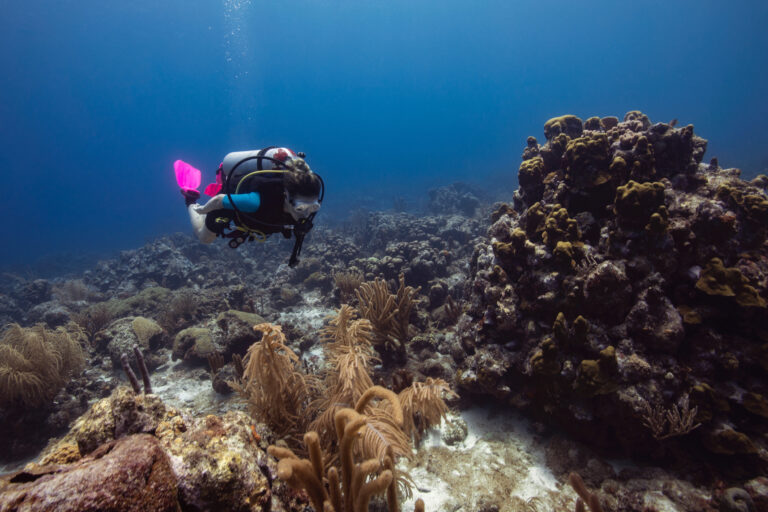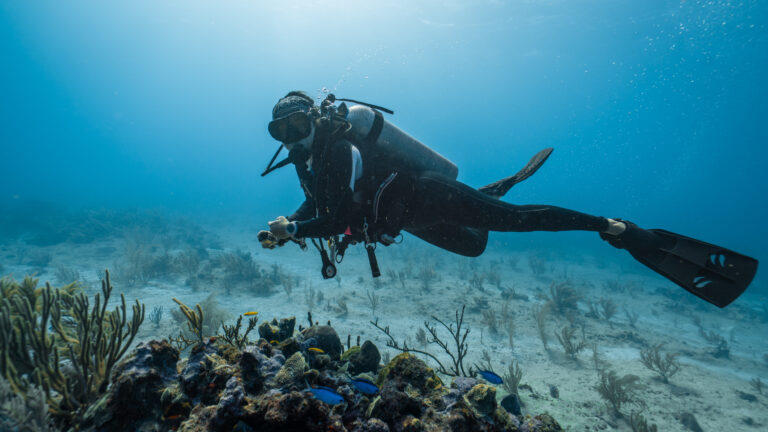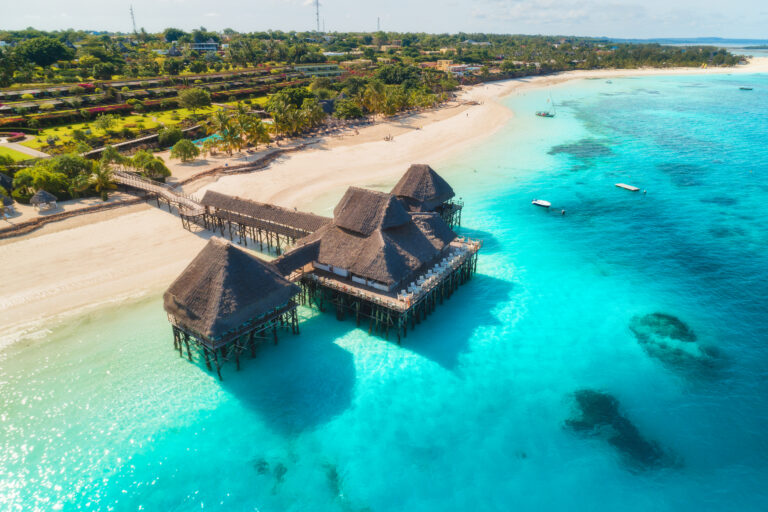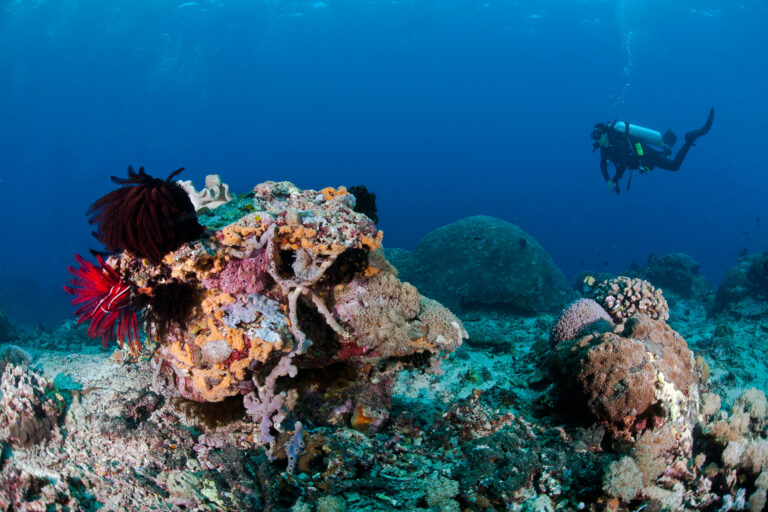SCUBA DIVERS’ TRAVEL GUIDE TO Malta
Malta is a small island nation in the Mediterranean Sea, rich in history and culture. It is also a paradise for scuba divers, who can explore its diverse underwater landscapes and marine life. Malta offers something for every level of diver, from beginner to advanced. You can dive into caves, wrecks, reefs, and walls, and see colorful fish, octopus, seahorses, and more. Malta’s clear and warm waters make diving possible all year round. Whether you are looking for adventure, relaxation, or education, Malta has it all. Come and discover why Malta is one of the best scuba diving destinations in the world.
LOCATION AND GEOGRAPHY
Nestled in the heart of the Mediterranean Sea, the Maltese archipelago is a scuba diving haven composed of three main islands: Malta, Gozo, and Comino. Malta, the largest of the trio, boasts a diverse coastline with dramatic cliffs, rocky coves, and sandy beaches, providing a variety of underwater landscapes. The islands sit on a continental shelf with depths reaching up to 200 meters, offering an array of dive sites suitable for all levels. Below the surface, divers are greeted by a rich tapestry of marine life, historic shipwrecks, and intriguing natural formations like underwater caves and tunnels. The clear, warm waters surrounding Malta are known for their excellent visibility, often exceeding 30 meters, making it an ideal location for underwater photography and exploration. Malta’s strategic position between Sicily and the North African coast has historically made it a crossroads for maritime traffic, contributing to its unique underwater cultural heritage, which now serves as an alluring draw for divers from around the globe.
VISA AND ENTRY REQUIREMENTS
Before embarking on your underwater adventure to the enchanting archipelago of Malta, it is essential to understand the visa and entry requirements. As a member of the European Union and part of the Schengen Area, Malta permits visa-free travel for EU/EEA nationals, who only need to present a valid identity card or passport. Non-EU/EEA visitors, including those from the United States, Canada, Australia, and New Zealand, can typically enter Malta without a visa for short stays of up to 90 days within a 180-day period for tourism purposes, including scuba diving. However, it is crucial to have a passport valid for at least three months beyond the intended stay. Travelers from countries that do not have a visa waiver agreement with Malta must apply for a Schengen visa prior to arrival. Always check the latest entry requirements with the Maltese embassy or consulate in your home country, as regulations can change and may vary depending on your nationality, the purpose of your visit, and the length of your stay.
GETTING TO Malta
Getting to Malta for an unforgettable scuba diving adventure is a straightforward journey for travelers from around the globe. Malta International Airport, located near the capital city of Valletta, serves as the archipelago’s main gateway, offering flights from major European cities and select destinations beyond. Airlines such as Air Malta, Ryanair, and easyJet provide frequent and often budget-friendly connections, making the islands accessible to divers of all levels. Once you land, the compact size of Malta means that transfer times to coastal resorts and dive sites are pleasantly short, with options ranging from convenient bus services to private transfers or car rentals. For those preferring a more scenic approach, ferries from Sicily offer a chance to glide across the Mediterranean Sea directly into Malta’s ports, adding a nautical prelude to the underwater wonders that await. Whether arriving by air or sea, the journey to Malta is part of the excitement, setting the stage for the exceptional diving experiences in its crystal-clear waters, rich with historical wrecks and vibrant marine life.
BEST TIME TO DIVE
The best time to scuba dive in Malta, a Mediterranean gem renowned for its crystal-clear waters and historical underwater wrecks, is between the months of June and October when the sea is warm and the visibility is at its peak, often exceeding 30 meters. During this period, the water temperature ranges comfortably between 23°C to 26°C, making it ideal for exploring the abundant marine life and the island’s famous dive sites without the need for a thick wetsuit. While diving is possible year-round, the winter months can see cooler waters and less predictable weather, potentially affecting visibility and the overall diving experience. Summer also brings longer daylight hours, allowing for more time spent underwater or enjoying multiple dives throughout the day. Whether you’re a beginner or an experienced diver, Malta’s summer season offers the optimal conditions for an unforgettable underwater adventure.
ACCOMMODATION OPTIONS
Accommodation options in Malta cater to a diverse range of preferences, ensuring that scuba divers can find the perfect base for their underwater adventures. From luxury resorts with on-site dive centers to budget-friendly guesthouses just a stone’s throw from the Mediterranean’s crystal-clear waters, there’s something for every level of comfort and convenience. Many divers opt for coastal hotels in areas like Sliema, St. Julian’s, or the quieter island of Gozo, where the proximity to prime dive sites is unparalleled. Self-catering apartments and villas are popular among groups and those planning extended stays, offering the flexibility to set your own schedule and the space to store and dry equipment. For a truly immersive experience, consider a liveaboard trip, which allows you to wake up at different dive spots around the archipelago each day. No matter where you choose to stay, you’ll find Malta’s legendary hospitality and easy access to its underwater treasures, including historic wrecks and vibrant marine life, at your doorstep.
DIVE OPERATORS AND DIVE SHOPS
In the heart of the Mediterranean, Malta’s crystalline waters beckon divers to explore its underwater marvels, and the island’s dive operators and shops stand ready to facilitate these aquatic adventures. Renowned for their professionalism and extensive knowledge of the local seascape, Maltese dive shops offer a plethora of services, from equipment rental and tank refills to guided dives and certification courses. Whether you’re a novice diver looking to earn your first open water stripes or an experienced underwater explorer seeking the thrill of Malta’s famed wreck dives, these operators ensure a seamless experience. They are well-versed in the nuances of the island’s dive sites, including the legendary Ħal Saflieni Hypogeum and the hauntingly beautiful MV Rozi wreck. With a commitment to safety and a passion for the marine environment, Malta’s dive operators are your gateway to an unforgettable subaquatic journey.
TRANSPORTATION WITHIN Malta
Transportation within the archipelago of Malta is convenient and efficient, making it easy for scuba divers to access the myriad of dive sites scattered across the main islands of Malta, Gozo, and Comino. The public bus system in Malta is extensive and affordable, with routes that reach near most popular diving spots. For more flexibility, renting a car is a popular option, allowing divers to explore at their own pace and carry equipment with ease; just remember that driving is on the left. Regular ferry services connect Malta to Gozo, and boat trips to Comino are readily available, offering a scenic approach to the islands’ dive sites. Taxis and ride-sharing services are also available for quick and direct transportation. For the ultimate convenience, many dive shops offer pick-up services from hotels and direct transport to dive locations, ensuring that divers can focus on the underwater wonders awaiting them without any transportation hassle.
CURRENCY AND PAYMENT METHODS
In Malta, the official currency is the Euro (€), which is convenient for travelers from the Eurozone. ATMs are widely available across the islands, particularly in tourist areas and near scuba diving centers, allowing for easy access to cash. Credit and debit cards, including Visa and MasterCard, are accepted at most dive shops, hotels, and restaurants, though it’s always wise to carry some cash for smaller establishments or remote locations where electronic payments might not be possible. When booking your diving excursions, check if the dive operator accepts card payments or if they prefer cash. It’s also a good idea to inform your bank of your travel plans to avoid any potential issues with card transactions while abroad. For the best exchange rates, consider exchanging your money at banks or official exchange bureaus rather than at the airport or hotels. Always keep some small denominations on hand for tips and minor expenses, ensuring a smooth and enjoyable diving experience in Malta’s crystal-clear waters.
LANGUAGE AND COMMUNICATION
Language and communication are key components to ensure a smooth and enjoyable scuba diving experience in Malta, a country where the official languages are Maltese and English. English, being widely spoken and understood, is the primary language used within the diving community, making it easy for international divers to communicate with local dive centers, instructors, and guides. This linguistic convenience allows divers to comfortably arrange dive trips, understand safety briefings, and discuss the rich underwater landscapes and historical wreck sites that Malta offers. Moreover, the Maltese people are known for their hospitality and often possess a good command of other European languages, such as Italian, French, and German, further facilitating communication with divers from across the continent. Whether you’re engaging with the friendly locals, learning about Malta’s unique diving spots, or coordinating with your dive buddy, you’ll find that language barriers are minimal, ensuring your underwater adventures are both safe and sociable.
LOCAL CULTURE AND ATTRACTIONS
Malta, a gem in the heart of the Mediterranean, offers a rich tapestry of cultural experiences above and below the water. This archipelago is steeped in history, with a diverse heritage shaped by Phoenician, Roman, Moorish, Norman, and British influences, all leaving an indelible mark on its architecture, language, and traditions. After exploring the underwater marvels, divers can wander through the honey-colored limestone streets of Valletta, a UNESCO World Heritage site, marvel at the grandeur of St. John’s Co-Cathedral, or delve into the ancient mystery of the Hal Saflieni Hypogeum. The Maltese festa, a vibrant local feast honoring the patron saint of a village with fireworks and processions, is a cultural spectacle not to be missed. Gastronomy enthusiasts will relish the chance to sample pastizzi, a flaky pastry filled with ricotta or peas, and other local delicacies, paired with a glass of Maltese wine. Whether it’s the echoes of folklore in the fishing village of Marsaxlokk, the silent city of Mdina’s medieval charm, or the festive nightlife of St. Julian’s, Malta’s blend of cultures creates a unique and enchanting atmosphere that complements its underwater allure.
CULTURAL ETIQUETTE AND TIPS
When diving in the archipelago of Malta, a nation steeped in history and tradition, it is important to approach the local culture with respect and awareness. Maltese people are known for their warm hospitality and friendliness, but it is courteous to greet them with a polite “Bonġu” (Good morning) or “Bonswa” (Good evening) in Maltese, or simply “Hello” in English, which is widely spoken. As a predominantly Roman Catholic country, modesty in dress is appreciated, especially when visiting religious sites that dot the islands. When engaging with local dive operators, punctuality is valued, and it’s customary to show appreciation for good service with a modest tip. Environmental consciousness is also key; divers should be mindful of the delicate marine ecosystems and adhere to ‘no-take’ regulations, ensuring that nothing is removed from the underwater sites. Lastly, sharing your experiences with the locals post-dive over a traditional pastizzi or a glass of Ġellewża wine can enrich your cultural experience and foster a deeper connection with this enchanting Mediterranean gem.
LOCAL LAWS AND REGULATIONS RELEVANT TO TOURISTS
When planning a scuba diving trip to Malta, it is essential to acquaint yourself with the local laws and regulations to ensure a safe and lawful experience. Malta, renowned for its clear waters and rich underwater heritage, is governed by strict regulations to protect its marine ecosystem. Divers must be certified by a recognized organization and are expected to carry their certification card and logbook at all times. It is illegal to remove any historical artifacts or marine life from the dive sites, many of which are protected wrecks and reefs. Spearfishing is heavily regulated, and in some areas, it is completely prohibited. Additionally, diving within the vicinity of Maltese harbors requires permission from the local authorities. It is also important to note that diving insurance is mandatory for all divers in Malta. To avoid penalties and to protect the underwater environment, always dive with a reputable, licensed dive center that is familiar with the latest local regulations and no-go zones.
SAFETY TIPS AND EMERGENCY CONTACTS
When diving in the crystal-clear waters of Malta, safety should be your paramount concern. Always dive within your certification limits and ensure that you’re familiar with the use of your equipment. It’s crucial to perform a thorough pre-dive safety check with your buddy and to establish clear communication signals. Malta’s strong currents and deep wrecks demand respect; thus, it’s advisable to dive with a local guide who knows the sites intimately. Stay hydrated, avoid alcohol before dives, and allow ample time between your last dive and any flights to prevent decompression sickness. In case of an emergency, you should be aware of the location of the nearest hyperbaric chamber, which is at Mater Dei Hospital (+356 2545 0000), and keep local emergency numbers, such as 112, readily accessible. Additionally, ensure that your dive operator has a direct line to the nearest coastguard station and that you have appropriate dive insurance that covers emergency medical treatment and evacuation. Remember, the key to a memorable diving experience in Malta is a commitment to safety above and below the surface.
HEALTH AND TRAVEL INSURANCE
When planning a scuba diving trip to the enchanting waters of Malta, it is crucial to consider your health and travel insurance coverage. Malta, with its clear blue seas and rich underwater heritage, offers divers a plethora of sites, including WWII wrecks and natural reefs. However, diving always carries inherent risks, and access to medical care on the islands, while generally good, can be costly for tourists in the event of an accident. Ensure that your travel insurance policy includes comprehensive coverage for scuba diving activities, specifically at the depths you plan to explore. Check that it covers hyperbaric treatment, as Malta has several recompression chambers, but treatment is expensive. Additionally, verify that your policy includes medical evacuation and repatriation, should you require specialized care back home. It’s also wise to carry your insurance details and emergency contact information with you at all times. By securing the right insurance, you can dive into Malta’s underwater marvels with peace of mind, knowing you’re well-protected against unforeseen circumstances.

